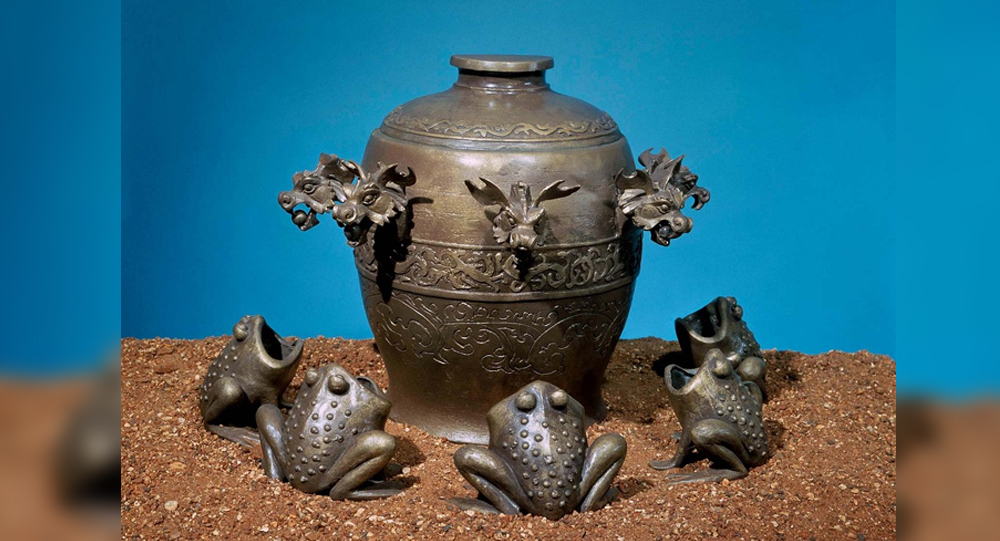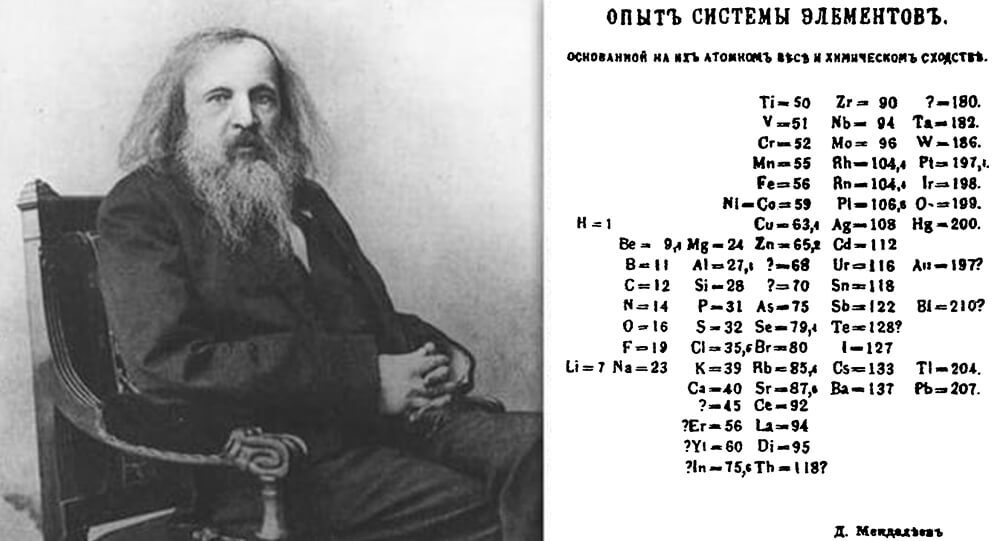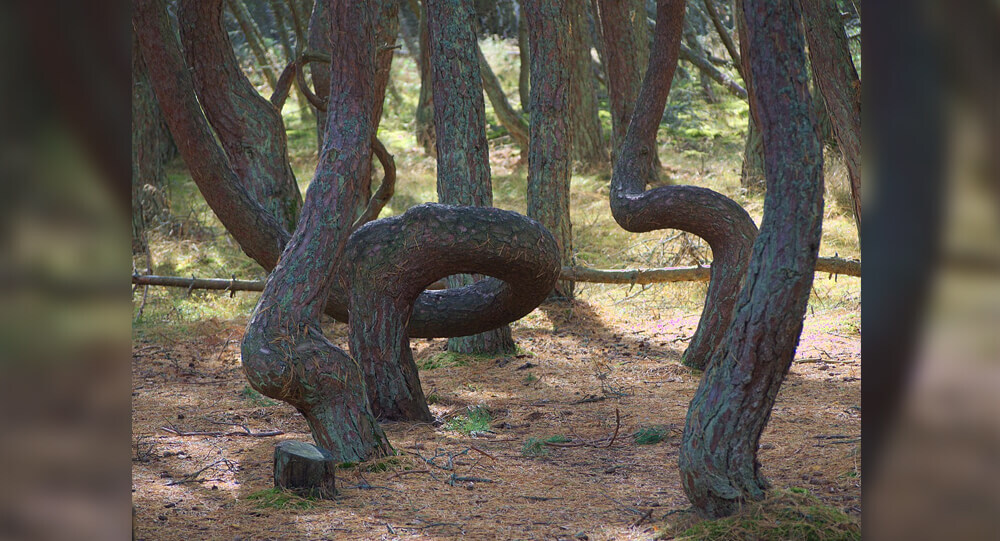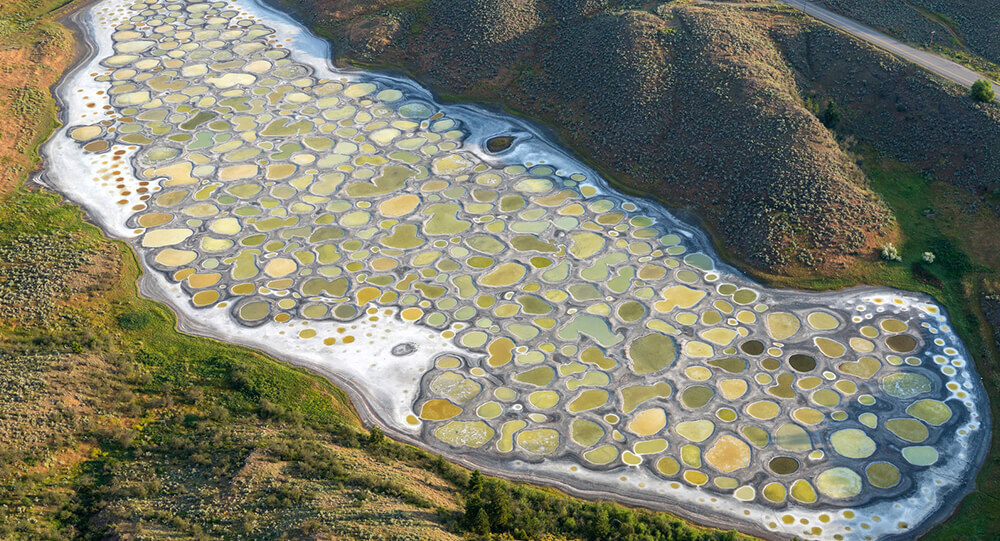
The human body has an amazing capacity for astonishment due to its intricate hidden workings. A man seeking relief from excruciating back pain came face to face with an extraordinary discovery: he had not two, but three kidneys. This is a remarkable story of medical curiosity and unanticipated discoveries. This article delves into the remarkable journey of this person, examining the initial symptoms that prompted him to seek medical attention, the startling discovery that he had three kidneys, as well as the implications and difficulties brought on by this uncommon condition. We’ll also delve into the world of polycystic kidney disease, discuss how it relates to having multiple kidneys, and shed light on the available treatments and the experiences of those who have this amazing anomaly.
The Unexpected Discovery and the story
With severe back pain, the 38-year-old drove himself to the Hospital do Rim in So Paulo. According to an article that appeared in the New England Journal of Medicine on Wednesday, doctors performed a CT scan.
A third kidney was discovered, which was quite shocking. His lower back pain was confirmed to be brought on by a herniated disk, a common condition that affects the spinal vertebrae.
Humans typically have two kidneys, but this man had two fused together near his pelvis in addition to one kidney that appeared normal.

One of the case study authors, Dr. Renato Foresto, told IFLScience, “We had never seen anything like this.” “The surprise was wonderful, followed by worry that the patient’s health might be compromised.”
The man had no known problems with the organs, and blood tests revealed that his kidneys were healthy and functioning normally.
His kidney function… was entirely normal. Since the source of the pain had already been identified and there had been no changes in the results of the laboratory tests, additional abdominal ultrasound and tomography was deemed unnecessary, Foresto continued.
After receiving care for his slipped disk, the patient was discharged.
According to a report in the Internet Journal of Radiology, having three kidneys is incredibly uncommon, with fewer than 100 cases documented in the literature, according to LiveScience.
According to a 2013 study, the majority of people are unaware they have a third kidney until one is identified through a separate medical procedure, as in the case of this patient.
Understanding Polycystic Kidney Disease
A genetic disorder known as polycystic kidney disease is characterized by the development of numerous fluid-filled cysts in the kidneys. These cysts can gradually enlarge and obstruct the kidneys’ ability to function normally, which can result in a number of complications. Men and women of all ages can be affected by PKD, and it frequently runs in families. Uncle Bob boasts about having two extra kidneys, so you might want to have yours examined as well.
Let’s now explore this kidney extravaganza’s causes and risk factors. Genetic changes that interfere with the normal growth and structure of kidney tissues are the main cause of PKD. It’s as though your kidneys made the decision to throw a “extra organ” party without your consent.
Regarding the risk factors, having PKD in your family increases your likelihood of inheriting the disease. So, if your great-great-grandmother Gertie had a habit of gathering kidneys, you might also possess some of her collection.
What exactly is the relationship between PKD and having multiple kidneys? So here’s the skinny. Both kidneys may experience the development of PKD-related cysts, which may multiply and enlarge over time. The kidneys may enlarge more than usual as a result of this expansion; in some cases, additional kidneys may even develop. It seems like your kidneys have decided to upgrade you, or maybe they just enjoy a good surprise.
The Implications and Challenges of Extra Kidneys
Even though having extra kidneys may sound like a superpower, there are some disadvantages. Potential effects on kidney function is one of them. The development of cysts can gradually reduce the kidneys’ capacity to remove waste from the blood in people with PKD. This can result in a decline in kidney function, which might call for treatment or, in extreme cases, dialysis. While having extra kidneys might be intriguing, it doesn’t necessarily make you a kidney superhero.
Having extra kidneys increases your risk of kidney-related complications in addition to kidney function issues. These may include kidney failure, high blood pressure, urogenital tract infections, kidney stones, and even high blood pressure. It’s as though your kidneys made the decision to throw a wild party complete with balloons (cysts) and potential catastrophes.
The extra kidneys may not endow you with a talent for the guitar, but they may have an adverse effect on your general health and wellbeing. You must take care of your kidney health, adopt a healthy lifestyle, and keep an eye out for potential complications if you have PKD and additional kidneys. It serves as a gentle reminder that self-care is essential, even when one has extra kidneys.

The Giant Mirrors Brought Sunlight to Rjukan
Due to the steep mountains that surround it, the town of Rjukan, Norway, doesn't receive any natural sunlight from September to March. They placed large mirrors in the town square to reflect light. The mirror follows the path of the sun and moves every 10 seconds to create a 600m squared light pool.

Woman's memory reset every two hours after traumatic accident
Riley Horner, an Illinois teenager was accidentally kicked in the head. As a result of the injury, her memory resets every two hours, and she wakes up thinking every day is June 11. Riley keeps detailed notes of events happening throughout the day, and sets an alarm on her phone every two hours to remind her to review them. Riley also keeps a calendar in her room to remind her what day it is? As she wakes up every morning confused, thinking it's still June 11.

A 28-year-old scientist could win a Nobel Prize for creating new class of antibiotics
A 28-year-old scientist could receive the Nobel Prize for developing a new class of antibiotics that fight drug-resistant bacteria, but she only has months to live after being diagnosed with incurable heart cancer, and she says "There aren't words to express how sad I feel' about not seeing award."

India's chandrayaan-3 becomes the first landed craft on moon's south pole
India's chandrayaan-3 becomes the first land craft on moon's south pole. It landed safely on August 2023

Mystery of 300-year-old mummified mermaid is being probed
There is a 300-year-old mummified mermaid with 30 centimetres tall and features a human-like head, two hands with what appear to be fingernails, and its lower body that look like a fish tail. The “mermaid mummy” is being probed by Japanese scientists in an attempt to unravel the mystery of its existence.

The Physics Behind Why Cats Always Land on Their Feet
Cats have an extraordinary survival skill known as the “righting reflex” that allows them to twist midair and land on their feet, even when dropped upside down. This uncanny ability is made possible by their flexible spine, lack of a functional collarbone, and a combination of biological sensors and physical laws governing motion. Astonishingly, kittens develop this reflex as early as three weeks old, mastering the art of graceful landing that defies everyday expectations. This article unravels the science and mystery behind this feline feat.

The World’s First Seismograph: How Ancient China Detected Earthquakes 1,800 Years Ago
Over 1,800 years ago, long before modern technology, the ancient Chinese astronomer and inventor Zhang Heng created the world’s first seismograph in 132 AD. This ingenious bronze device could detect distant earthquakes by releasing small balls from dragons’ mouths into toads’ mouths—each indicating a different compass direction. Its historic detection of an earthquake 400 miles away astonished the imperial court and transformed the way societies understood and responded to seismic events.

The Accidental Birth of Super Glue: Dr. Harry Coover's WWII Discovery
Dr. Harry Coover was trying to develop clear plastic for gun sights during WWII when he accidentally created cyanoacrylate, an extremely strong adhesive. Initially dismissed, it was later marketed as Super Glue in the 1950s.

George Dantzig solved two famous “unsolved” problems in statistics mistakenly as assignment
In 1939, George Dantzig arrived late to his statistics class. On the board were two famous “unsolved” problems in statistics written as an example by his professor. Dantzig mistook the examples for homework assignments. He solved the “unsolved” problems and submitted the homework to his professor a few days later. His solutions earned him a doctorate.

The Mystery of the Darvaza Gas Crater: A 50-Year Inferno
Scientists lit a hole filled with natural gas on Fire in 1971, expecting it would burn only for few days. The hole has been burning for the past 48 years & is called "The Door To Hell".

The Unique Grana Double Tree of Piedmont, Italy
The “Grana Double Tree” in Piedmont, Italy is a highly unusual tree, which consists of a cherry tree growing atop a mulberry tree. It is essentially a two-species, two-tiered hybrid duplex.

How Sleep Cycles Affect Cognitive Function and Memory Retention
Sleep is not just rest—it's an active process where our brain cycles through stages that shape cognition, memory, and overall mental performance. Different sleep phases, from deep slow-wave sleep to REM dreaming, play unique roles in consolidating memories, boosting attention, and refreshing brain networks. Explore how sleep cycles work and why they are essential to learning and sharp thinking.

How Dmitri Mendeleev Developed the periodic table of the elements
1850 Dmitri Mendeleev walked almost a thousand miles to Moscow so he could apply for the University of Moscow. Although he was not accepted, he walked to St. Petersburg where he was accepted, And with that education, he developed the the periodic table of the elements

The Mystery of the Dancing Forest: Reasons behind the unusual wonders of forest
The Dancing Forest in Russia is noted for its unusually twisted pine trees. The trunks of these trees are contorted into spirals, rings, and other squiggly loops, but the reason for this malformation is still a mystery.

Megamouth Shark And Her Babies Found Dead In The Philippines
Filipino zoologists have recorded a pregnant megamouth shark for the first time ever since the rare aquatic specie was discovered in 1974.

The story of Lionel the Lion-Faced Man, Stephan Bibrowski
Stephen Bibrowski, also known as Lionel the Lion-faced Man, was a well-known sideshow entertainer. His entire body was covered in long hair, giving him the appearance of a lion; this was most likely due to a rare condition known as hypertrichosis. Lionel traveled to the United States in 1901 and began performing with the Barnum and Bailey Circus.

The Mystery of Canada's Magical Spotted Lake
Lake Khiluk, the world's most mineralized lake, and one of the most mysterious places on Earth. Each of these spots has a distinct chemical content and is said to cure various diseases.

Dr. Donald Hopkins: From Smallpox Eradication to Near-Ending Guinea Worm Disease
Dr. Donald Hopkins helped eradicate Smallpox, and is on the verge of killing another disease. He's taken Guinea Worm Disease down from 3.5 million cases a year to just 28 cases last year.

The touching story of David Vetter (bubble boy), the 'boy who lived in a bubble
David Vetter lived his whole 12 years in sterile “bubble”. He was “outside” for 20 second after being removed from his mother’s womb. He never touched any human.

Henrietta Lacks: Who Was She? Here's how HeLa cells became necessary for medical research
Henrietta Lacks was died in 1951. The tumor that killed her has been alive and growing to this day. The tumor is immortal and was used to progress the Polio vaccine and is the jumping point for most human cell research to this day. Scientists have grown some 20 tons of her cells.

The Evolution of Flight: From Dinosaurs to Birds – A Journey Through Time and Science
Flight is one of nature’s most remarkable adaptations, but its origins trace back millions of years before modern birds took to the skies. Emerging from theropod dinosaurs during the Jurassic period, birds evolved feathers, wings, and lightweight bodies that enabled powered flight. This detailed narrative explores the fascinating evolutionary path from ground-dwelling dinosaurs to the aerial masters of today, blending science, intriguing fossil finds, and surprising trivia about our feathered ancestors.

For the First Time in 60 Years, Scientists Discover a 'Lost' Echidna Species
An expedition team in Indonesia discovered the elusive, egg-laying animal (Echidna) named after David Attenborough, which had not been seen since 1961.

Scientist injects himself with 3.5m yr old bacteria for immortality and amazing happens
Russian scientist injected himself with a 3.5 million-year-old strain of bacteria, just to see what would happen. According to Brouchkov, Bacillus F has a mechanism that has enabled it to survive for so long beneath the ice, and that the same mechanism could be used to extend human life, too.

Inspiring story of Jono Lancaster, Abandoned by His mother at birth for this 'defect' on his face
When Jono Lancaster was just 36 hours old, his parents left him for adoption because he was suffering from Treachers Collins Syndrome, a genetic disorder which hampers facial bones development. Now he is an inspirational speaker, a professional model and a teacher, giving inspiration to millions

The Heartbreaking Story Of Ella Harper, The ‘Camel Girl’
Ella Harper, Professionally known as the “Camel Girl” was born with a rare orthopedic condition that cased her knee to bend backward. Due to this condition, had to walked on all four legs, which resulted in her nickname as “Camel Girl”. Tough it was hard at first, but soon she made a fortune out of it.

























